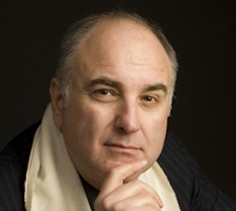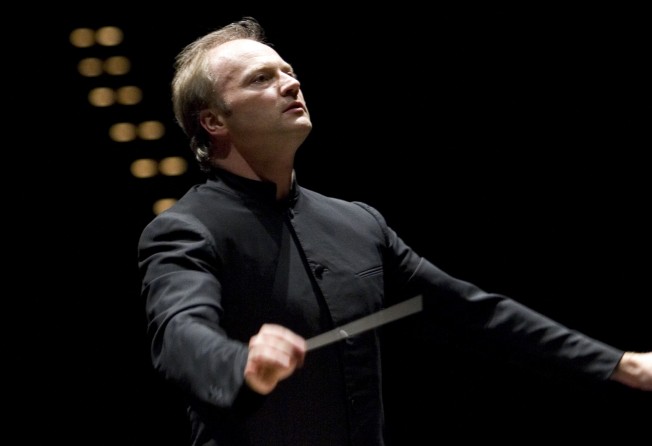
Review: Verdi’s Requiem/Teatro Regio Torino/Gianandrea Noseda - intensity meets poetry
Superb singing, especially by soprano Erika Grimaldi, allied with the conductor’s clever pacing and thundering tutti produced a performance full of intensity

One could fault composer Giuseppe Verdi’s churchgoing habits. “He’s certainly not much of a believer,” the soprano Giuseppina Strepponi, his second wife and herself a devout Catholic, once claimed. But you could hardly say he lacked for convictions, even if they were more squarely rooted in this world than the next, as his Messa da Requiem – written in tribute to the Italian novelist and patriot Alessandro Manzoni — shows.
There’s a tidy symmetry in the fact that Verdi, a former church organist who incited much venom from the religious community when he turned to opera, similarly inflamed the secular musical world whenever he turned to religious texts. The conductor Hans von Bülow set the tone when he quipped that the Requiem was “Verdi’s latest opera”, a remark he later recanted.
Conductor Gianandrea Noseda’s strengths in leading the orchestra and chorus of the Teatro Regio Torino in a performance of the Requiem at the Hong Kong Arts Festival on Thursday were first, that he ignored such superficial divisions, and second, that he could negotiate their differences.
Verdi read the text of the traditional funeral mass with the eye of a dramatist. After quickly dispensing some quiet, lyrical moments devoted to eternal rest, his score quickly focuses on the terror of Judgement Day.
But unlike Verdi’s operas, which unfold over hours (generally with sets, costumes and other visual enticements), the Requiem is a model of musical concision. A production such as Simon Boccanegra, which the Teatro Regio Torino presented earlier in the week, has moments when the conductor can step back and follow the singers. The Requiem offers no such room to manoeuvre.


Bass Michele Pertusi led the charge in the Tuba mirum, his clarion tone mirroring the trumpet calls in the text (a handful of actual trumpets blaring from the balcony didn’t hurt, either). Pertusi was balanced superbly by tenor Giorgio Berrugi and mezzo soprano Daniela Barcellona, rendering the “everlasting light” in the Lux aeterna with vocal incandescence.
It was soprano Erika Grimaldi, though, who fully rose to the occasion in the closing Libera me. Drawn largely from Verdi’s earlier contribution to a collaborative requiem commemorating the composer Giacomo Rossini, his Libera me is both the kernel and summation of the Messa da Requiem, as well as a veritable soprano showcase.
In making her final, trembling pleas to “deliver me, O Lord”, Grimaldi did everything short of falling on her knees. But as with the rest of the evening, the drama was rendered on purely musical terms.
Verdi’s Messa da Requiem, Orchestra and Chorus of Teatro Regio Torino, Hong Kong Cultural Centre Concert Hall. Reviewed March 3
Gianandrea Noseda conducts Shostakovich’s Symphony No. 9 and Prokofiev’s Alexander Nevsky tonight